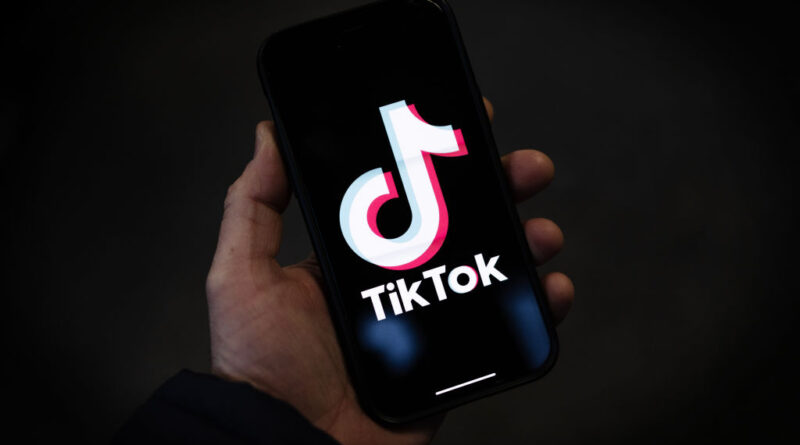Supreme Court to Consider TikTok’s Appeal
Oral arguments are set for Jan. 10, 2025, just nine days ahead of the divestment deadline.
On Dec. 18, the U.S. Supreme Court agreed to hear TikTok’s legal challenge against a law mandating its China-based parent company to divest from the app by Jan. 19, 2025.
The court will conduct oral arguments on Jan. 10, 2025.
TikTok argued that the divestment law is unconstitutional under the First Amendment, but earlier this month, a three-judge panel in federal court upheld the law.
Following this ruling, TikTok appealed to the Supreme Court for a delay of the Jan. 19 deadline, requesting that its objection be treated as a formal petition for review.
The Supreme Court announced on Dec. 18 that it will hear arguments in the matter before determining whether to suspend the deadline.
When President Joe Biden signed the Protecting Americans from Foreign Adversary Controlled Applications Act (PAFACA) into law, it initiated a 270-day countdown for ByteDance to divest from TikTok or cease its operations in the U.S. This legislation targets applications owned or controlled by foreign adversaries, specifically the Chinese communist government in this context.
The law permits the president to grant a one-time extension of up to 90 days.
President-elect Donald Trump has indicated he may facilitate a sale of TikTok, thereby avoiding what TikTok refers to as a “ban.” The company asserts that the deadline should be put on hold to allow the incoming administration to make a decision.
The Justice Department contended that the law does not infringe on the First Amendment as it targets foreign adversary ownership for reasons of national security, rather than content.
The Supreme Court instructed the involved parties to argue on “whether the Protecting Americans from Foreign Adversary Controlled Applications Act, as applied to petitioners, violates the First Amendment.”
The deadline for opening briefs is set for Dec. 27, with response briefs due by Jan. 3, 2025. Amicus briefs must also be filed by Dec. 27. Oral arguments are expected to last two hours.
TikTok’s parent company, ByteDance, alongside a group of TikTok users, claimed that PAFACA specifically targeted and singled out a particular speech platform, not treating other applications equally.
The petitioners maintained that data collection and national security were not the only motivations behind the law, noting the delayed implementation and statements made by lawmakers regarding TikTok’s content and worries about foreign influence.
“Even if Congress harbors legitimate fears that a U.S. entity’s speech is covertly influenced by a foreign government, the First Amendment nevertheless bars an outright ban,” the petition asserts.
Petitioners highlighted that the Supreme Court has traditionally held that “disclosure” is the standard remedy for “misleading sources of speech,” such as labeling content to denote foreign origins.



